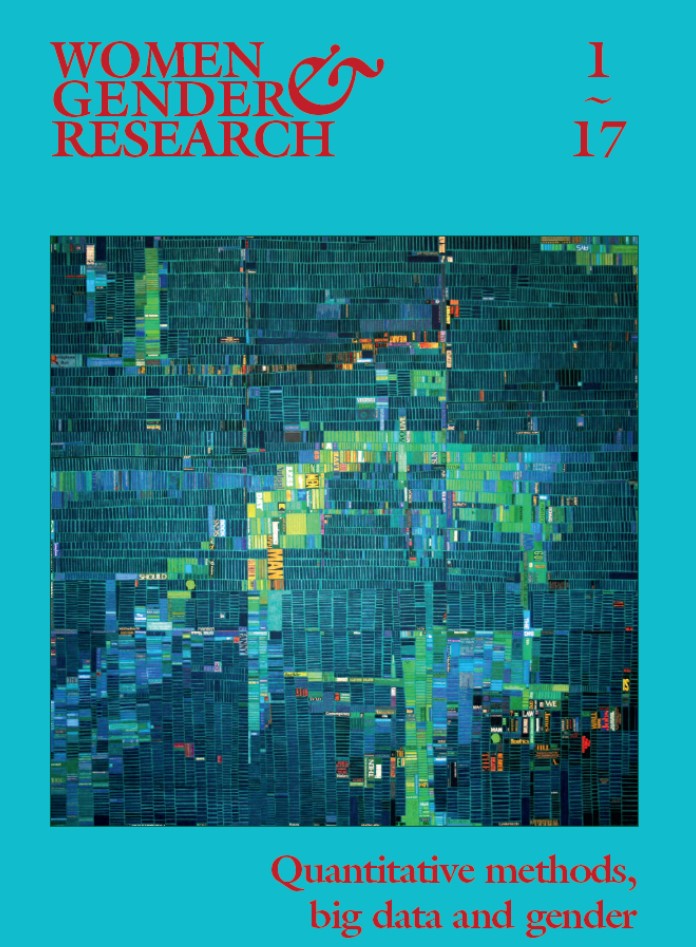The political potential of numbers: data visualisation in the abortion debate
DOI:
https://doi.org/10.7146/kkf.v26i1.109789Keywords:
Abortion, data activism, data visualisation, feminism, pro-choiceAbstract
Data visualisation has been argued to have the power to ‘change the world’, implicitly for the better, but when it comes to abortion, both sides make moral claims to ‘good’. Visualisation conventions of clean lines and shapes simplify data, lending them a rhetoric of neutrality, as if the data is the whole story. It is imperative, therefore, to examine how data visualisations are used to shape women’s lives. This article draws on the findings of the Persuasive Data project . Google Image Scraper was used to locate abortion-related visualisations circulating online. The images, their web locations, and data use were social semiotically analysed to understand their visual rhetoric and political use. Anti-abortion groups are more likely to use data visualisation than pro-choice groups, thereby simplifying the issue and mobilising the rhetoric of neutrality. I argue that data visualisations are being used as a hindrance to women’s access to abortion, and that the critique of such visualisations needs to come from feminists. This article extends discussions of how data is often reified as objective, by showing how the rhetoric of objectivity within data visualisation conventions is harnessed to do work in the world that is potentially very damaging to women’s rights.
Downloads
Published
How to Cite
Issue
Section
License
Publications in Women, Gender and Research are licensed under Creative Commons License: CC Attribution-NonCommercial 4.0

